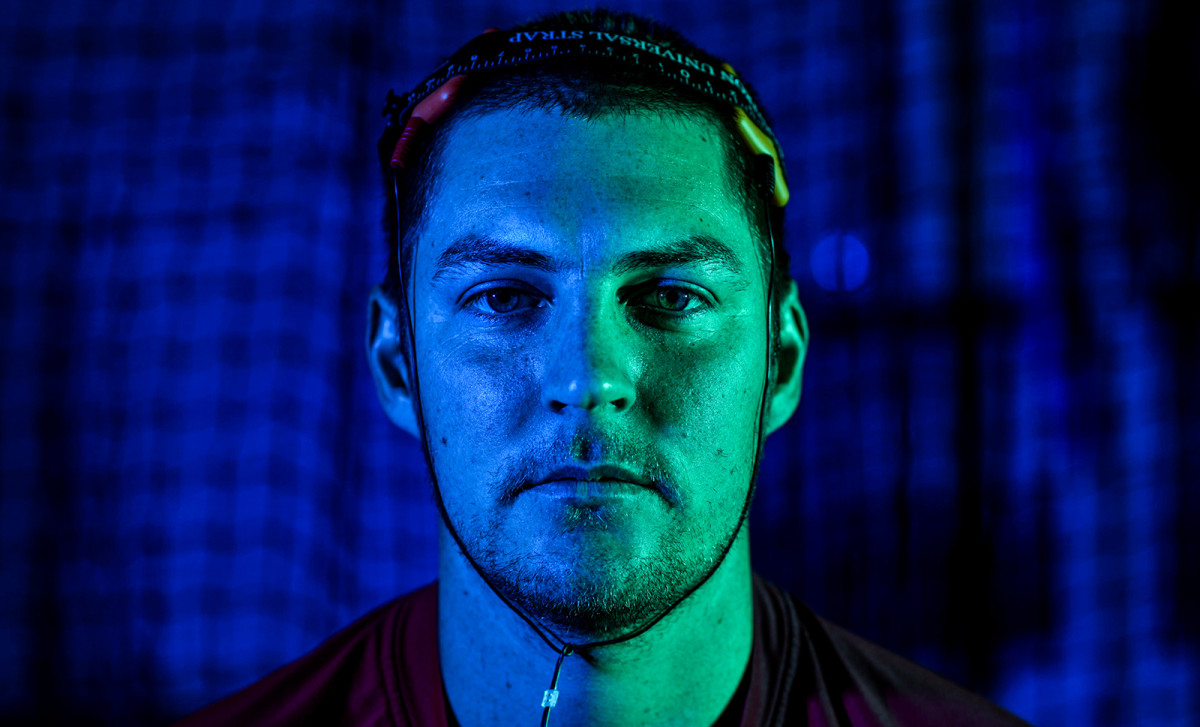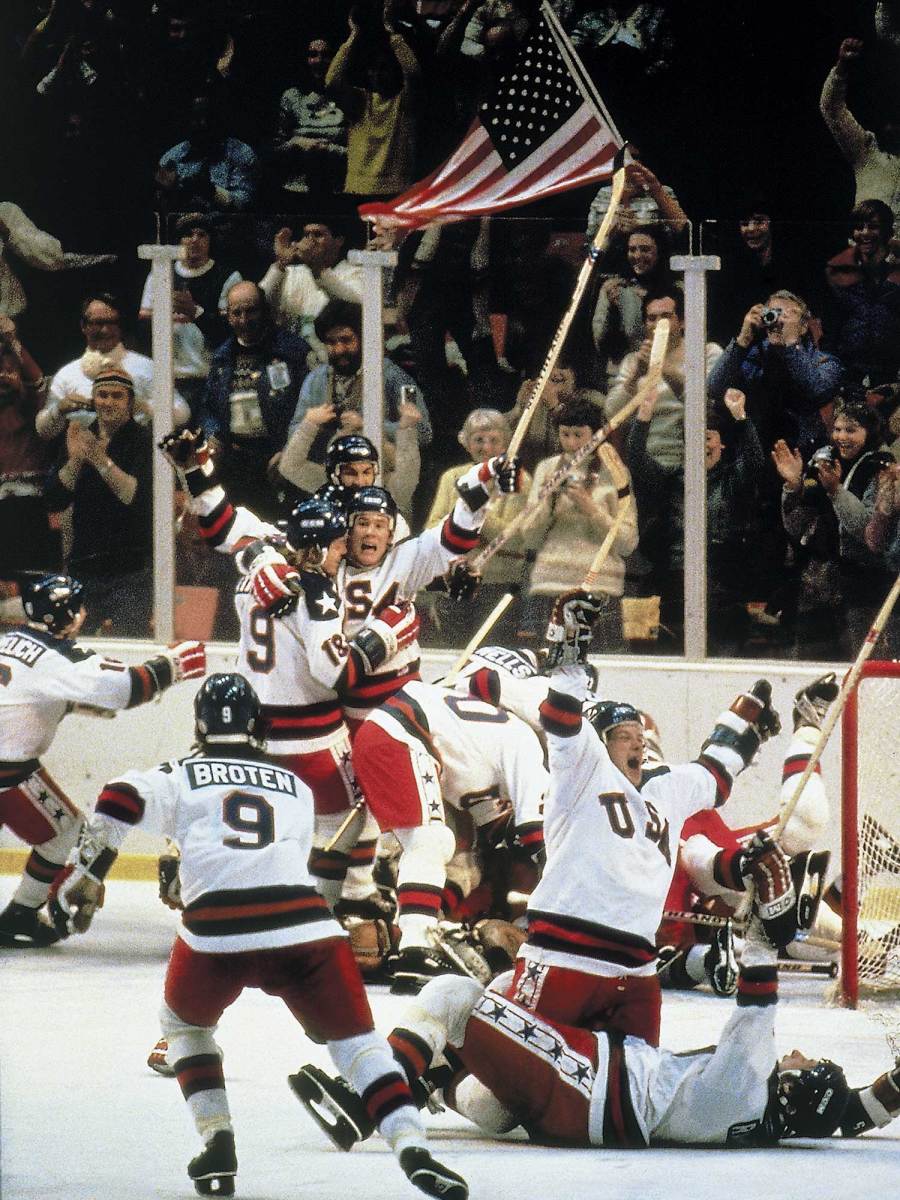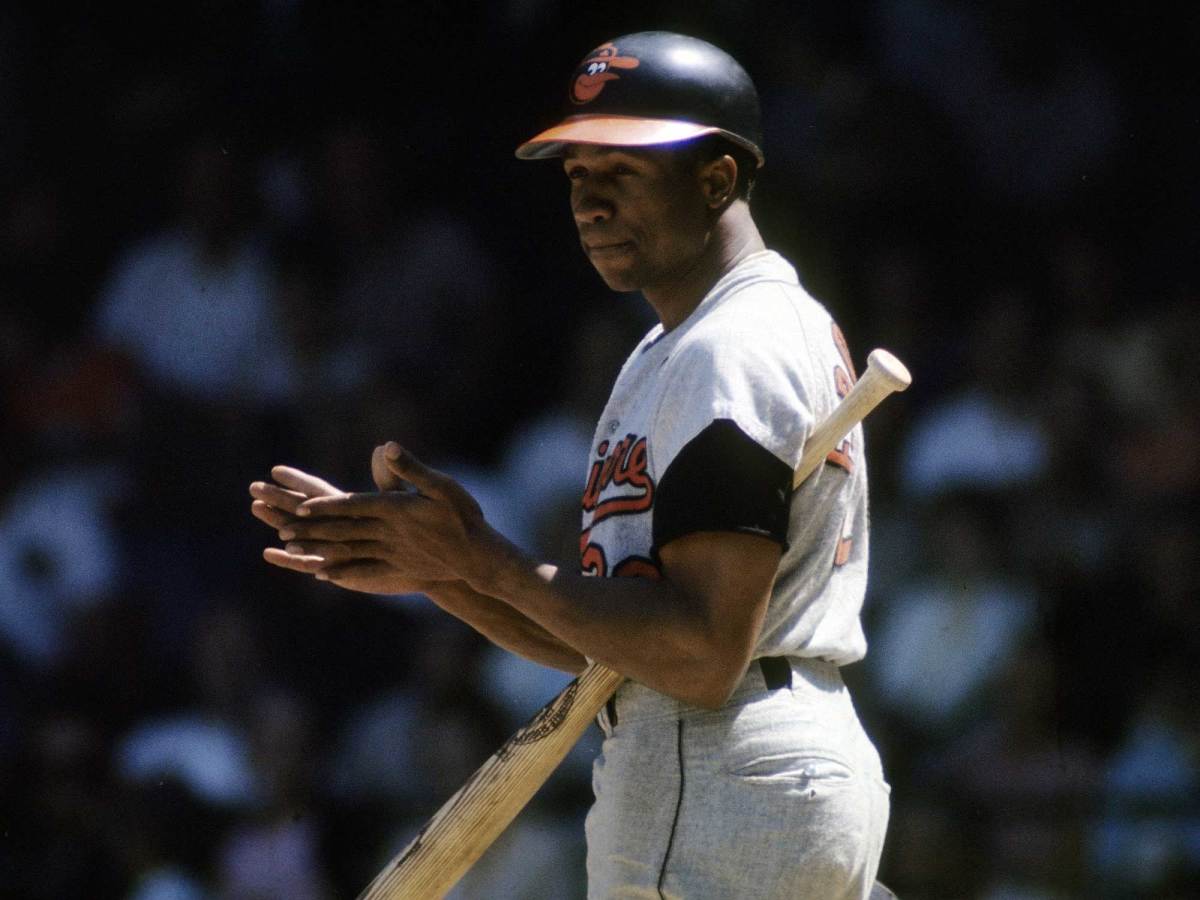Why Athletes Turn to Pickle Juice During Competition

This week we're trying something a bit different. Directly below you'll find SI's best stories of the week followed by the reason you clicked in the first place, pickle juice. Enjoy.
Recommended Reading
• Who is Trevor Bauer? An ace? A cyberbully? A clairvoyant? Baseball’s foremost antagonist insists he’s right and the world is wrong. (By Ben Reiter)
• Time to break out your best baseball arguments. We ranked the top 100 MLB players for 2019.
• Could Zion and Duke take legal action against Nike after the superstar's sneaker-tearing injury? (By Michael McCann)

• Kyle Kuzma is on a mission to reach “Mount Rushmore” status, whether you believe in him or not. (By Chris Ballard)
• The NBA trade deadline changed the East as we knew it, sparking movement and making us re-preview the top of the conference.
• Defensive stars, foundational running backs and a Super Bowl MVP QB headline our ranking of the NFL's top 100 free agents. (By Andy Benoit)
So, About That Pickle Juice ...
Frances Tiafoe was struggling. Up two sets on Grigor Dimitrov in the fourth round of last month's Australian Open, the 21-year-old felt his body starting to falter.
"I was trying to stay alive," Tiafoe recalled after the match. "I was downing pickle juice."
Sipping during changeovers, Tiafoe ended up beating Dimitrov in four sets. As bad as it might taste (Tiafoe's verdict: "terrible"), the brine seems to have helped him fend off cramps to reach his first Grand Slam quarterfinals.
"There's not a ton of research out there, which doesn't mean it can't be effective or doesn't work," says Stacy Goldberg, a nutrition consultant who previously worked for the Cleveland Cavaliers and Detroit Pistons. "It's not going to be a replacement for water or Gatorade."
It's not clear why pickle juice relieves cramps. Like traditional sports drinks, it contains high concentrations of sodium, which athletes lose when they sweat, and potassium, an electrolyte. But studies have suggested pickle juice actually provokes a neurological reflex that prevents muscles from cramping.
Not getting this newsletter in your inbox? Subscribe today
"There are a lot of athletes that swear by it—they don't care exactly how it's working," says U.S. Olympic Committee senior sport dietician Alicia Glass. "As evidence-based practitioners, we would like to know exactly what it is before we start recommending it."
Tiafoe isn't the only athlete quaffing pickle juice during competition. New Jersey Devils winger Blake Coleman started drinking it at Miami (Ohio), and he's continued guzzling it in the NHL. He readies two eight-ounce bottles of P20 pickle juice—his own signature line—before every game.
"Gatorades, electrolyte packets—I've tried it all," he says. "Pickle juice is the one thing that allows me to not cramp through an entire game."
Glass is wary of pickle juice's acidity, so for athletes seeking a similar sodium fix without risk of reflux or indigestion, she suggests adding a couple of pinches of salt to a sports drink. There's also the matter of taste, which—well, to each their own.
"I don't mind it," Coleman says. "But I do it more for the effect than the flavor." — By Stanley Kay
Vault Photo of the Week: Do You Believe in Miracles?

It's been nearly four decades since broadcaster Al Michaels blurted out the words that have come to represent one of the most iconic moments in sports history. Thirty-nine years ago Friday, the U.S. hockey team beat the Soviet Union, four-time defending gold medalists, 4-3 in a monumental upset. Jubilation is in every corner of the shot captured above by SI's Heinz Kluetmeier in Lake Placid, N.Y. The win against the Soviets paved the way for the upstart American team to grab gold by topping Finland in the finals.
For an extra dose of nostalgia, E.M. Swift chronicled the game here for SI and the U.S. team later claimed Sportsmen of the Year honors.
Best of the Rest
Editor's note: Below are some of our favorite stories of the week not published by SI. This week's list is curated by Stanley Kay.
• David Wallace-Wells of New York Magazine, writing in The New York Times, argues it’s time to panic about climate change—not just because we’re well on our way to planetary catastrophe, but because loudly sounding the alarm just might save us.
• Jennifer Finney Boylan, in The New Yorker, describes how “Peanuts”—especially the characters Pig-Pen and Peppermint Patty—taught her about queer identity. (Shameless self-promotion: For more Peanuts, read my 2016 SI story on how Peppermint Patty became a fierce advocate for female athletes.)
• Teju Cole of The New York Times Magazinewrites that photography of human suffering isn’t always the “force for liberation” we want it to be, but rather “an obedient appendage of state power”—in other words, serving the powerful, not the powerless. The latter, he argues, should have the right to deny our gaze.
• Robinson Meyer of The Atlantictakes a close look at the economic theory behind the Green New Deal—a proposal, he argues, that feels distinctly Hamiltonian.
• Reeves Wiedeman of The Cut examines how greed and overdevelopment overwhelmed Tulum.
Remembering Frank Robinson

When Frank Robinson was inducted into the Hall of Fame in 1982, even the famously competitive Robinson knew the headliner that day was fellow inductee Hank Aaron, who gained election with 406 of the 415 votes cast by baseball writers. Overshadowed again, Robinson received 370 votes. "It seems like I've been chasing him for a long time," Robinson noted that day. "I've always been one step behind or one year behind. When I broke in, all the talk was about Hank Aaron, and I must say we've had a long and friendly rivalry on the field."
Baseball and America lost one of its great noble warriors on Feb. 7 with the death of Robinson at age 83. Aaron hit more home runs, and fellow contemporaries Willie Mays and Roberto Clemente played the game with more crowd-pleasing panache. And Robinson may have fallen just outside the glamorous spotlights of 600 home runs (586), 3,000 hits (2,943) and a .300 lifetime batting average (.294). But Robinson devoted himself heart and soul to baseball with a sense of purpose that sets him apart from all others.
Not getting this newsletter in your inbox? Subscribe today
Relentlessly dutiful more than flamboyant, Robinson may be the most underrated great player in the game's history. He accomplished what otherwise sounds like several lifetimes of work for others: Rookie of the Year, World Series MVP, Gold Glover, Triple Crown winner, Manager of the Year, senior adviser to the commissioner, Presidential Medal of Freedom recipient and, most meaningfully, the first black manager in Major League Baseball.
We cloak the fringe player in glory when he displays such work ethic characteristics, knighting him with adjectives such as "gritty" and "gamer." Now take all those qualities and roll them into a superbly talented, all-time great hitter, and you understand the uniqueness of Robinson. With strong wrists and lightning-fast hands, Robinson hit 30 homers or more 11 times. Only his role as a manager kept him from even bigger career numbers.
During his first season as manager, Robinson threatened to bench catcher John Ellis for the season because of what Robinson determined was a selfish attitude. DH Rico Carty summed up both the players' discomfort and Robinson's intensity in one perfect complaint: "He wants us to play exactly like he used to."
Lesser men might have viewed the Robinson standards as impossible ones. But we know that they are possible because he showed us. Frank Robinson forever is in nobody's shadow. — By Tom Verducci
Editor's note: What kind of stories and content would you like to see in the Weekend Read? Let's chat at SIWeekendRead@gmail.com.
